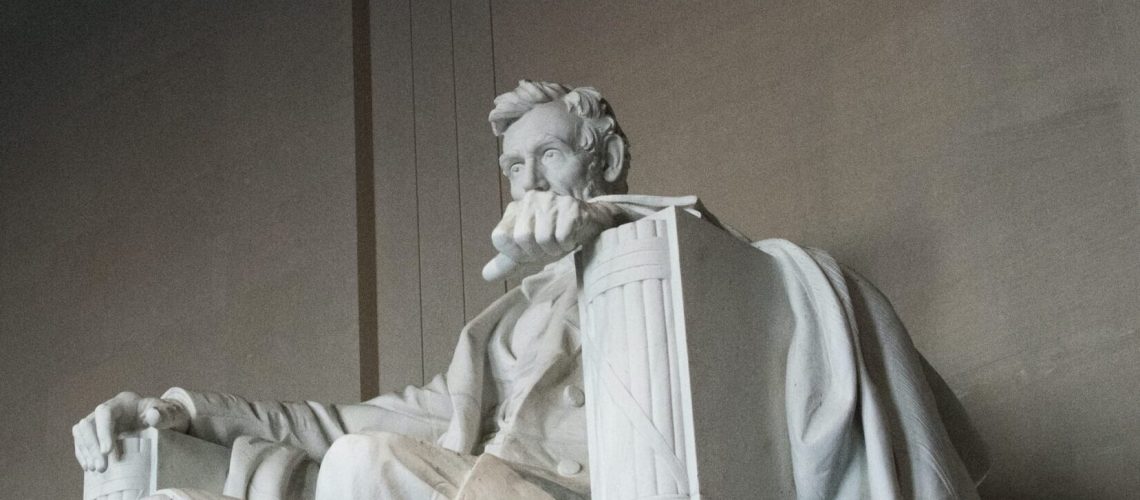The End of the Road for Federal Campaign Funding?
The public funding program was established in 1976 as a response to the Watergate scandal. Through this program qualified Presidential candidates can receive federal government funds to pay for the valid expenses of their political campaigns in both the primary and general elections, subject to certain conditions. As historic levels of money pour into presidential campaigns—based on the now infamous Citizens United v. F.E.C. case, which allows unlimited donations to be made to political action committees—more and more presidential candidates are choosing to fund their campaigns with private contributions. This choice allows them to avoid being bound by spending limits that, most agree, are outdated.
During the 2008 presidential election, Democrat Barack Obama became the first major party candidate to reject public financing for the general election. Eight years earlier, Republican George W. Bush became the first major party candidate to opt out of the public financing system during the primaries. In 2004, Bush again rejected public money during the primaries, as did Democratic candidates Howard Dean and John Kerry. And in 2008, Democrat Hillary Clinton and Republicans John McCain, Ron Paul, Rudy Giuliani and Mitt Romney all opted out of the system during the primaries as well.
The Mechanics of the Matching Fund System
Partial public funding is available to Presidential primary candidates in the form
of federal matching payments. Candidates seeking their party’s nomination to the Presidency can qualify to receive matching funds by raising over $5,000 in each of 20 states (i.e., over $100,000), however, only contributions from individuals apply toward this threshold. Although an individual may contribute up to $1,000 to a candidate, only a maximum of $250 counts toward the threshold and is matchable. In essence, the federal government will match up to $250 of an individual’s total contributions to an eligible candidate. The current public matching funds cap for a presidential primary election is $20,000,000; more importantly, if public funds are accepted, then the total amount of money a candidate can spend is $96,000,000. This is obviously not any where near enough in today’s political season. This is why George W. Bush and Barack Obama rejected public funds in the last few presidential elections.
Primary election candidates seeking matching funds have to abide to strict conditions. They must submit a letter of agreements and certifications to the Federal Election Commission (“Commission”) which is a contract with the government. In exchange for public funding, the candidates promise to comply with the provisions of the Federal Election Campaign Act and the Presidential Primary Matching Payment Account Act. As part of this agreement, candidates pledge to limit national spending for all primary elections and to limit spending in each state based on its voting age population. Moreover, candidates must agree not to spend more than $50,000 of their personal funds in connection with the campaign.
Once the Commission determines that a candidate has met the eligibility criteria, he or she may submit contributions from individuals for matching. The Commission’s audit staff reviews these submissions to see if the requests meet the standards for matchability. The contributions, for example, must be in the form of a check or other negotiable written instrument made payable to the candidate or their campaign committee. Once the Commission is satisfied that the submissions comply with the law, it certifies to the U.S. Treasury an amount due to the candidate.
After the campaign, the Commission audits each candidate’s committee to ensure that funds were not misused and that the committee maintained proper records and filed accurate reports.
The Need to Upgrade the System
Many campaign finance experts argue that if the program is to survive, then the public financing system needs to be reformed. Rep. David Price, introduced legislation to modernize the presidential public financing system (a.k.a. EMPOWER Act). Price’s proposal includes eliminating spending limits for primary and general elections. His bill (H.R. 414) has yet to make it out of committee, let alone onto the House floor. It currently has 11 Democratic co-sponsors and one Republican co-sponsor.
For primaries, the EMPOWER Act would increase the amount of public matching funds from the current 1:1 to a 6:1 match (for every $250 individual contribution). This means the taxpayers would pony us $1,500 for every $250 raised by the candidate. Since there are no spending limits the taxpayer would essentially foot the political costs for the presidential elections.










